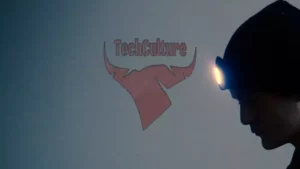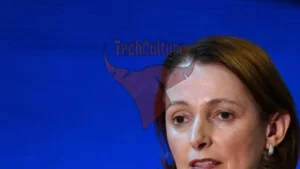OpenAI CEO Addresses Shift to Closed AI Models Amid Criticism
OpenAI, the artificial intelligence research company, has recently come under fire for its apparent departure from open-source principles. In a recent Reddit “Ask Me Anything” (AMA) session, CEO Sam Altman addressed these concerns and explained the company’s shift towards closed AI models.
Altman acknowledged that closed models provide an easier path to meeting safety thresholds, a key priority for OpenAI. However, he also expressed the company’s intention to open source more of its work in the future, striking a balance between safety and transparency.
The transition from OpenAI’s initial open-source approach to its current closed-model strategy has been a point of contention. Altman defended this shift, citing the company’s focus on safety and its strengths in developing powerful APIs and services. He emphasized the value that OpenAI provides through its offerings, despite the criticism.
This controversy has not been without high-profile critics. Elon Musk, a co-founder of OpenAI, has been vocal in his disapproval of the new approach. Musk’s concerns escalated to legal action, with the tech mogul filing a lawsuit against OpenAI for alleged breach of contract. The company responded to these claims in a detailed blog post.
The debate over open-source versus closed-source models extends beyond OpenAI, reflecting a broader industry discussion. Meta, a competitor in the AI space, has promoted its open-source efforts with its Llama models. However, Meta’s approach includes restrictions on commercial use, leading the Open Source Initiative to criticize its licensing as not truly open-source.
Looking ahead, Altman indicated that OpenAI does not plan to launch its GPT-5 model this year. In an interesting twist, the CEO revealed that he used ChatGPT to assist in responding to questions during the Reddit AMA, showcasing the capabilities of OpenAI’s technology.
As the AI industry continues to evolve, the balance between open collaboration and proprietary development remains a critical point of discussion. OpenAI’s journey from its open-source roots to its current closed-model approach highlights the complex challenges facing AI companies as they navigate safety concerns, competitive pressures, and calls for transparency.




